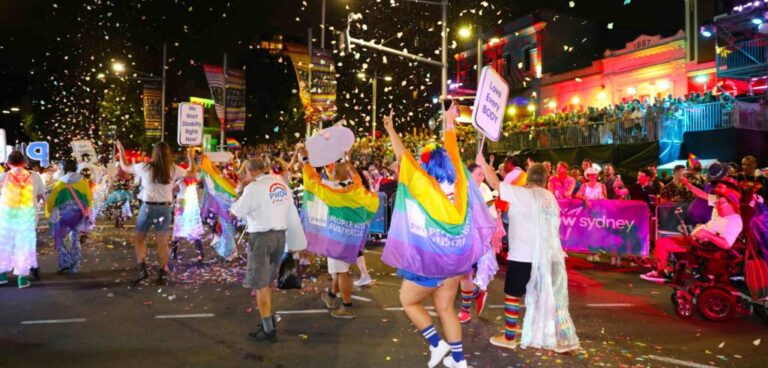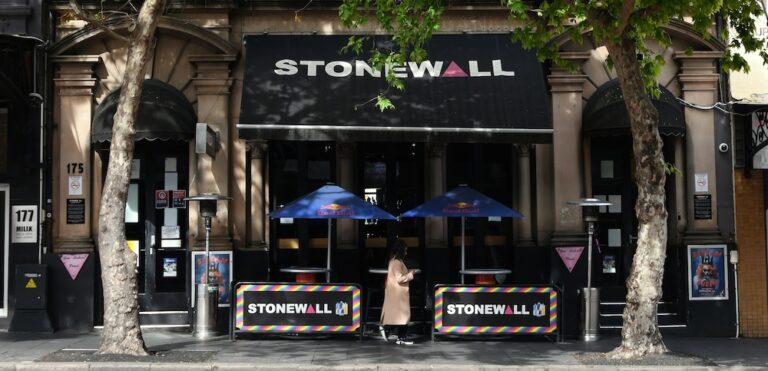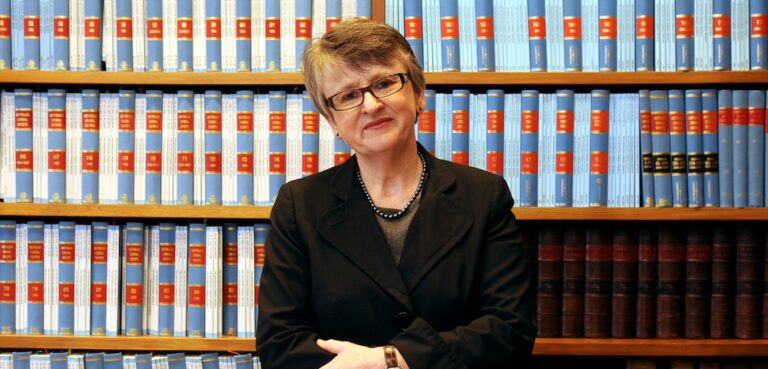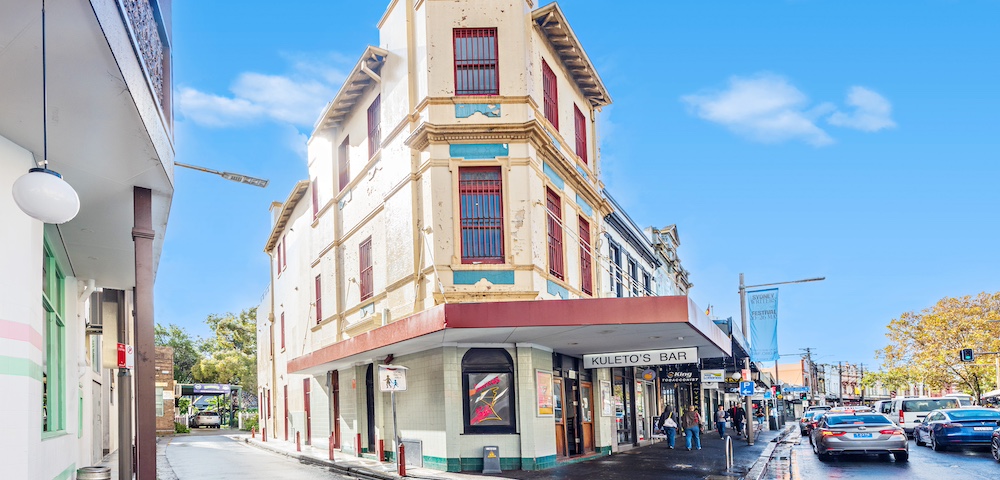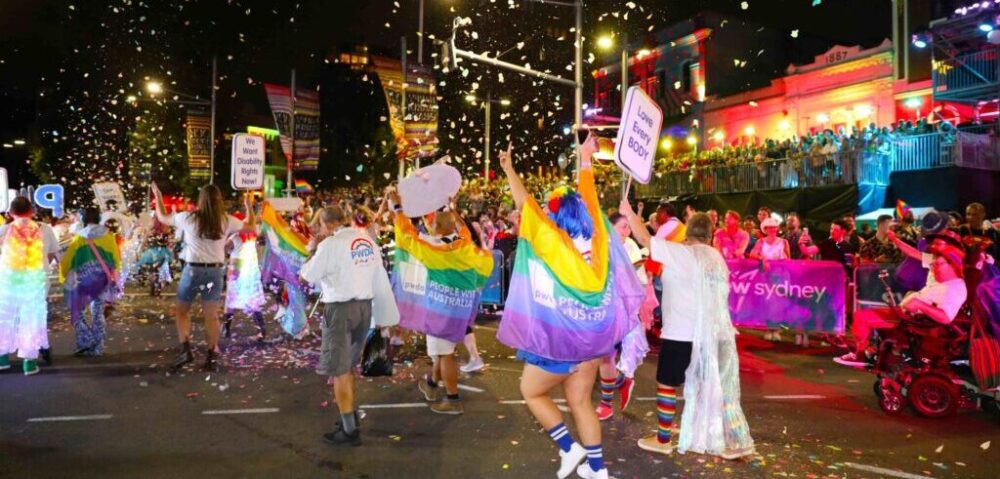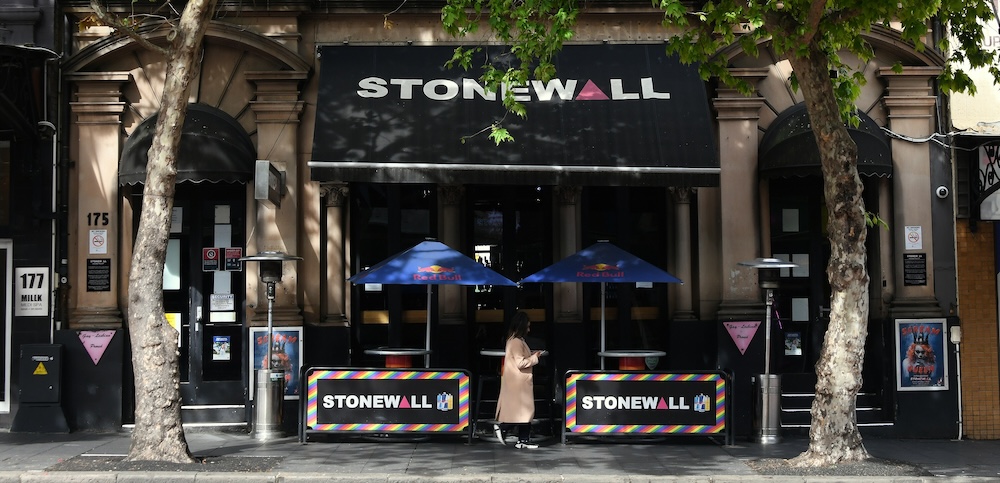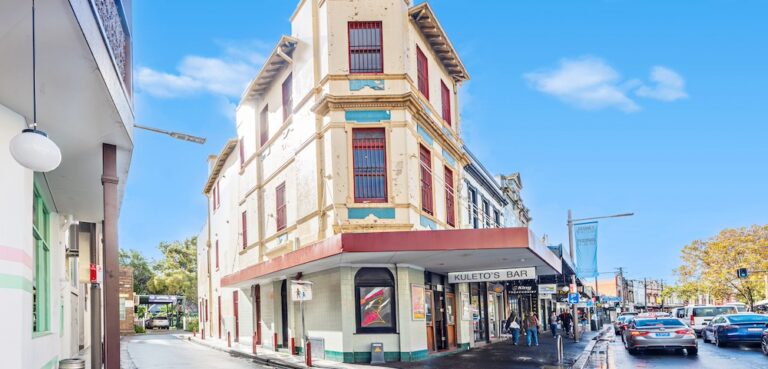
Games go bust
Sydney 2002 Gay Games was placed in voluntary administration on Monday and faces possible liquidation, after making a loss of between $1,500,000 and $2 million.
Games co-chairs Bev Lange and Peter Bailey told Sydney Star Observer that the board had voted unanimously in favour of administration on Saturday.
The administrator, Peter Marsden of RSM Bird Cameron Partners, said the final debt figure was still to be determined.
We don’t have a particularly accurate figure. It’s in the order of $2 million, $2.5 million, and there are assets in the order of $600,000 to $800,000, he said.
Marsden said a meeting next Monday would provide creditors with information about the administration process, but the future of the company would not be decided until January.
Of the three options facing companies in voluntary administration -“ giving the company back to the directors, going into liquidation or preparing a deed of company arrangement to ensure the future of the organisation -“ liquidation was the most likely outcome, he said.
Given that it was a special purpose vehicle, there’s no real business to salvage, Marsden said.
Bailey described the feeling at Sydney 2002 as solemn and the final result as disappointing.
The disappointing thing for us is that the Games themselves were such a highlight for everybody, and the events went very well, almost without a hiccup in most cases, he said.
Organisers said revenue was below projection in every aspect of the Games.
To put it into context, if we had sold out either the opening ceremony or the Farewell party, we would have had a break-even, or close enough that it wouldn’t have been an issue, Lange said. Organisers needed to sell another 20,000 tickets to the opening ceremony or 15,000 tickets to the Farewell party to sellout.
Lange said Sydney 2002 had not spent over budget on any Games event. She stressed that all staff had been paid their full entitlements and that the board had acted responsibly.
We were trying to work our way through without going into administration, but we weren’t able to do that, she said. We’ve sought advice over the past couple of months about the position of the company and our position as directors. We’ve acted responsibly in that regard.
It is not yet known whether Sydney 2002 board members could be liable for the debt. However, Lange said the individual community members who provided last-minute guarantees for the release of Ticketek revenue had all been released from their obligations.
Organisers offered several reasons for Sydney 2002’s financial failure, including a lack of sponsors.
Gay Games wasn’t really a product that people knew too much about down here, Bailey said. The sporting bodies had been to Amsterdam and New York, but the community couldn’t know what the Gay Games were going to do in the Sydney environment.
I don’t think the sponsors knew to what extent this would consume Sydney and become such a visible and tangible event, he added.
The Games also attracted fewer participants than expected, with 15 percent of registered competitors not turning up.
Bailey said this had its own flow-on effect.
It meant that their partners and support groups weren’t coming as well, he said.
Lange attributed the high non-attendance rate to negative media coverage, which she claimed created a perception that the Games would not go ahead.
We had negative media in the lead-up to the Games, in our press and the mainstream press, or we just didn’t have any coverage at all, she said. I don’t know how many times I defended the Games in terms of saying, -˜Yes, they are happening.’ At no stage did we say that the Games wouldn’t happen, and at no stage did the Federation say that. But that was still the perception, that was still the message that was being pumped out in the media and the rumour mill. In the end we couldn’t defeat those rumours and those media lines.
Lange also said the problems faced by Sydney 2002 could be traced back to the original bid in 1997.
We started with a substantial debt, she said. We were behind the eight-ball in planning. We couldn’t afford to bring staff on as early as we would have liked. I think the fact that we delivered what we did is an extraordinary compliment to our staff.
Lange said Tourism NSW authorities had reported that the economic impact of the Games had matched original projections of $100 million.
Retail business was huge, she said. There was extraordinary business along Oxford Street and in Newtown. In every other aspect, the Games were an incredible success.
